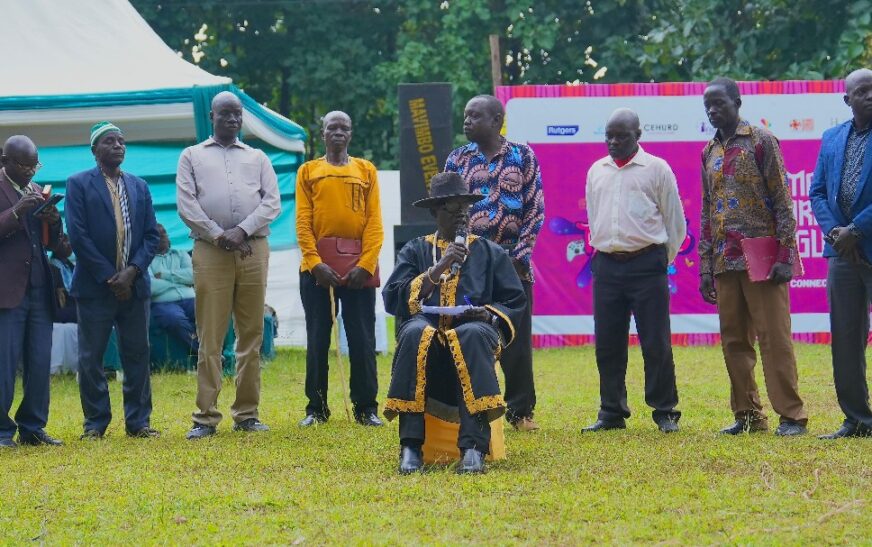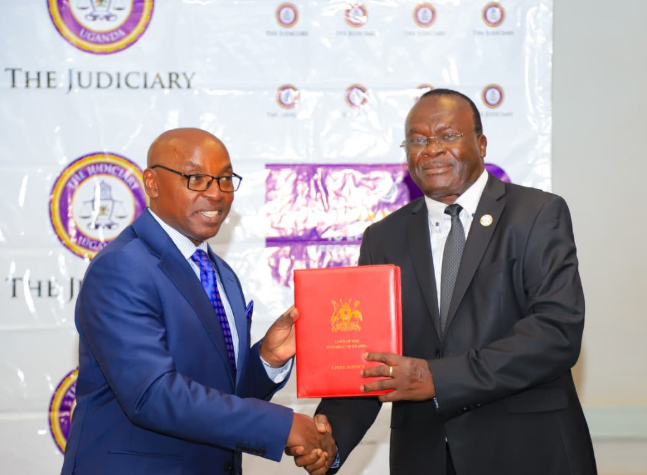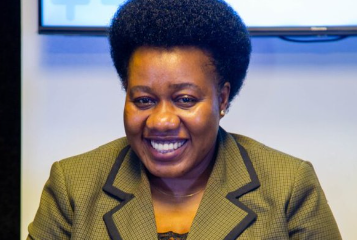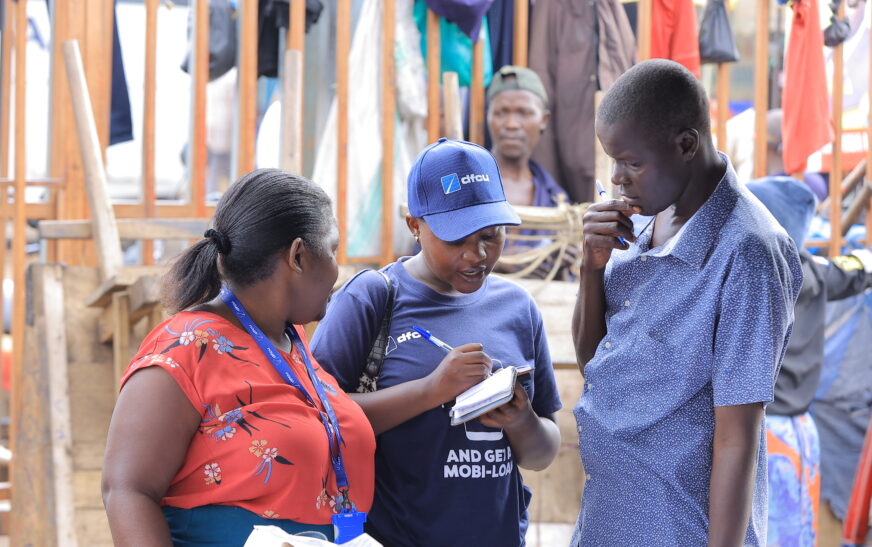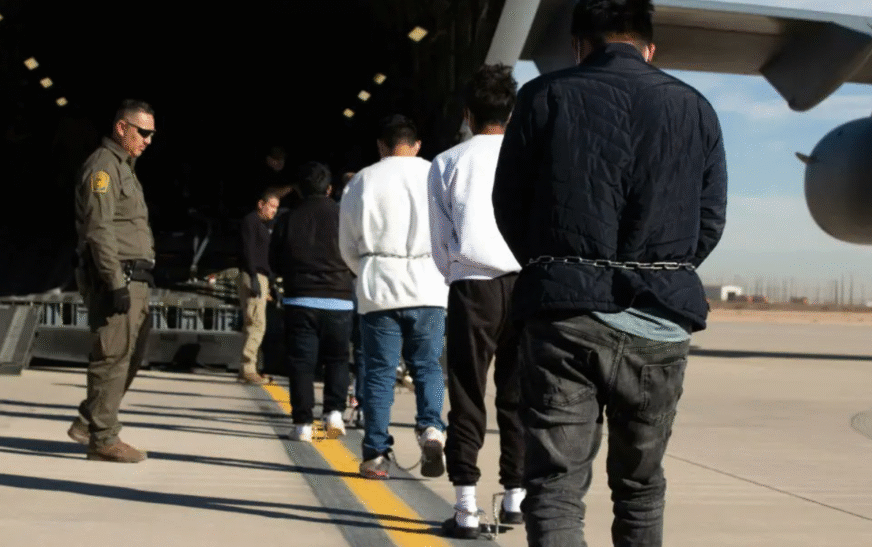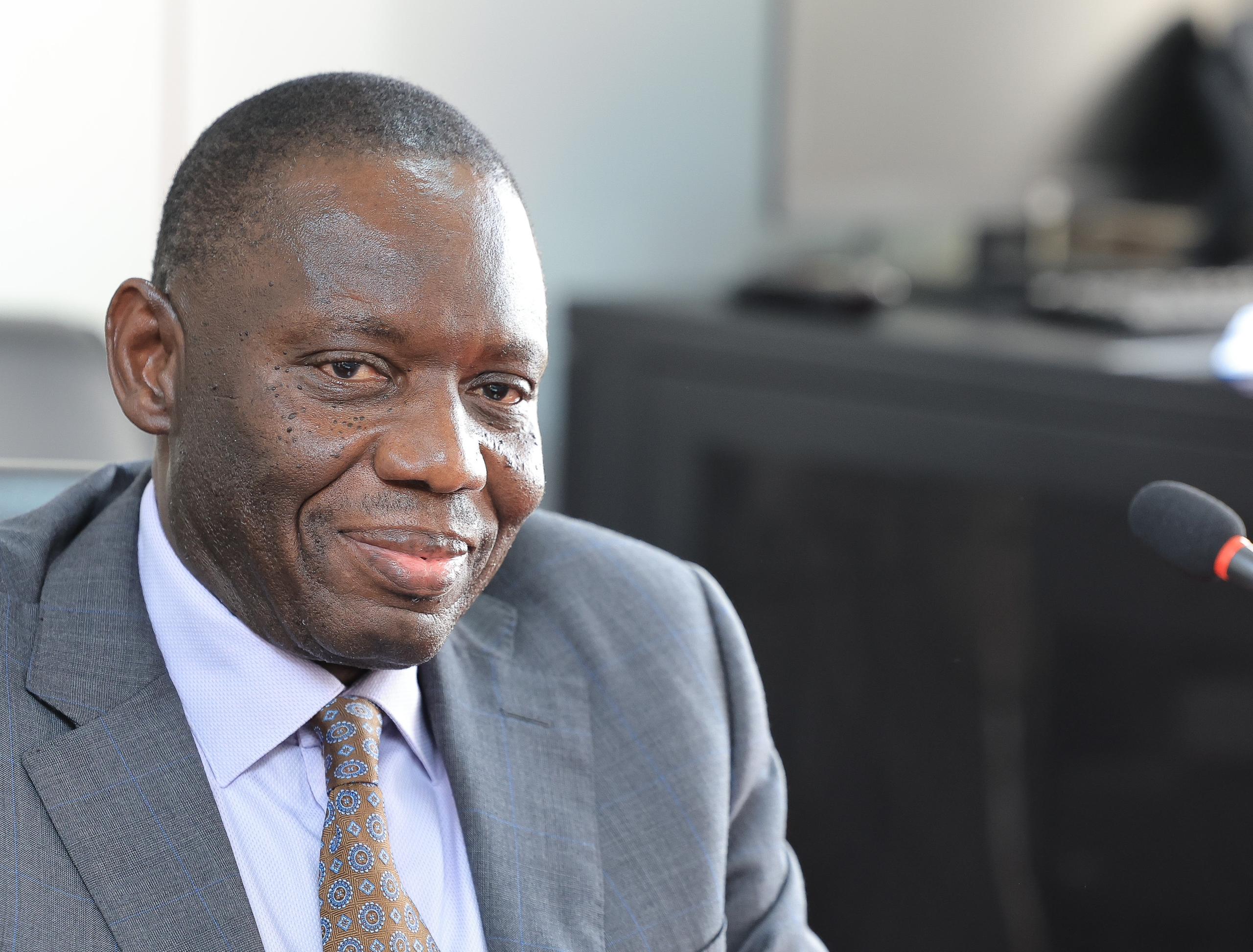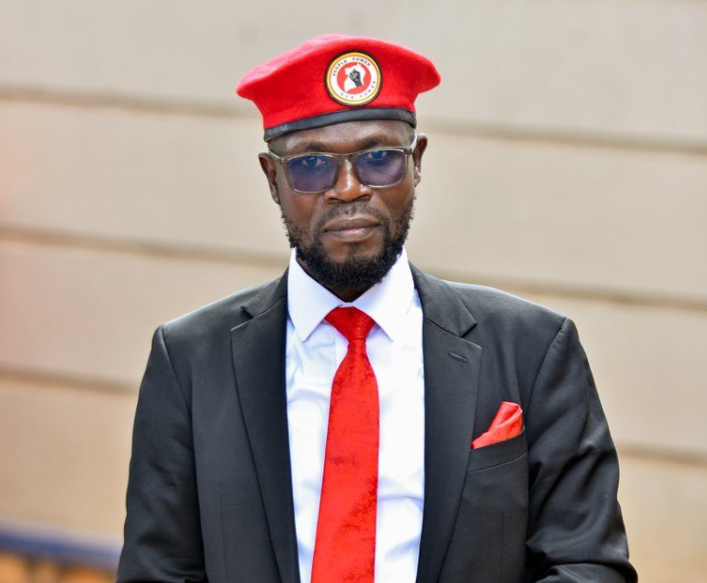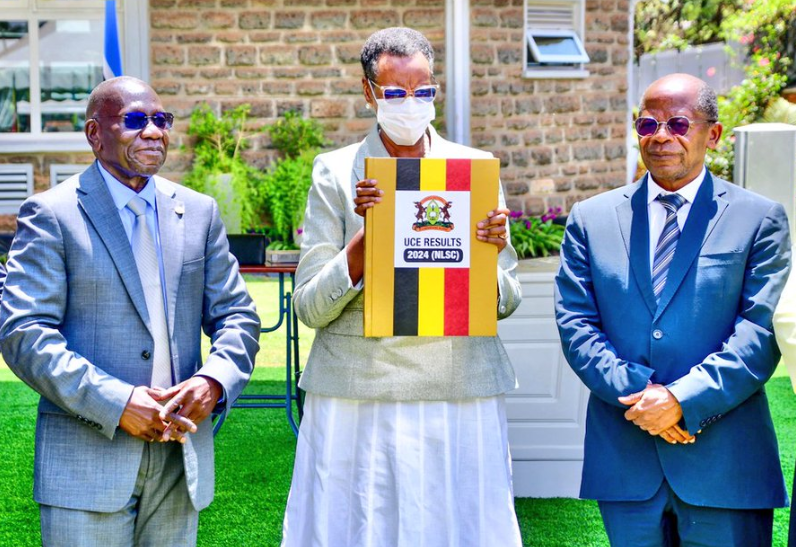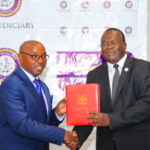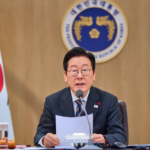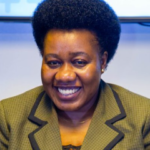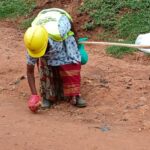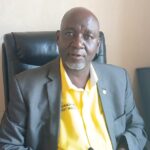In efforts to continue highlighting achievements and the persistent setbacks to achieveing gender justice in Uganda as revealed in the Generation Gender Project (Gen G), Reach A Hand Uganda (RAHU), along with partners; FIDA, Uganda, and the Center for Health, Human Rights and Development (CEHURD), held a youth summit in West Nile, on August 16th.
Dubbed: GN Trybe Adjumani Youth Summit, the event also featured dialogue with culture leaders in West Nile, held on August 20th in Adjumani district, Pakele sub-county.
Both the youth summit and the cultural dialogue themed “Young, Bold, and Connected,” aimed to address cultural practices that hinder the attainment of Sustainable Development Goal (SDG) 5: Achieving gender equality and empowering all women and girls in the region.
According to the Generation Gender, a five project implemented by FIDA, CEHURD and RAHU, between 2021 and 2025 in six districts—Kapchorwa, Bukwo, Namutumba, Adjumani, Iganga, and Tororo, persistent social tolerance of certain forms of GBV; limited survivor support services, especially safe shelters; gaps in policy implementation and economic empowerment for women are some of the areas of improvement to realise gender justice.
The aforementioned was synonymous with the discussions held during the cultural dialogue. Key to mention is the prevalence of rape and defilement among young girls in refugee communities and those both in and out of school as well as early marriages, identified as a significant barrier to achieving gender justice orchestrated by traditional norms.
Humphrey Nabimanya, the Chief Executive Officer, RAHU, said, “Culture influences our identities, shapes our values, and guides our actions. It is through culture that we connect with our past, navigate our present, and envision the future we aspire to build. In an ever-changing world, the role of culture becomes even more crucial. Young people are the architects of tomorrow, and it is essential that we engage them in cultural innovation and preservation. By doing so, we empower them to carry our heritage forward with pride and purpose.”
The cultural leaders in attendance concurred! They included Opi Zakari Beka of Paloro Chiefdom, Opi Suru Baru Simon from Pakile Chiefdom, Opi Andira of Panyanga Chiefdom in Moyo District, Opi Kanyaba Saverio of Metuli in Moyo District, Opi Tahiri of Parego Chiefdom in Obongi District.

